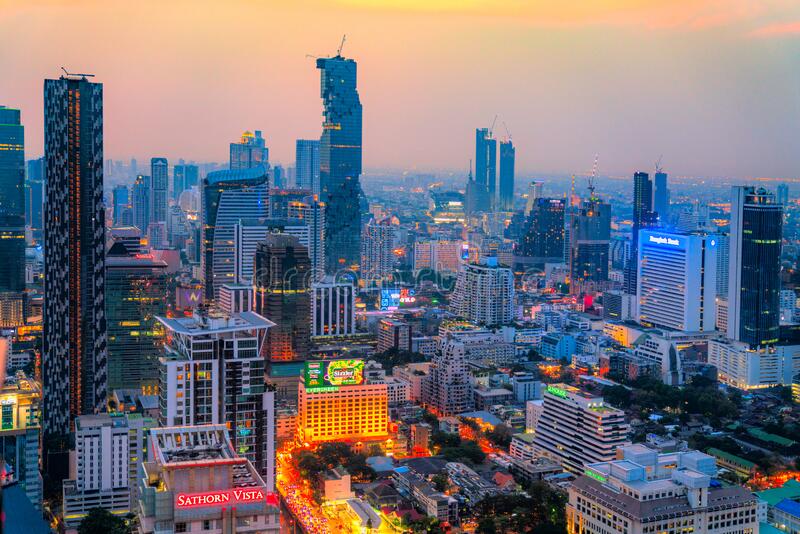The Pheu Thai Party says it opposes a new government plan to allow eligible foreigners to own as much as one rai (roughly 0.4 acre) of land for residential purposes, saying it would not truly benefit the country’s economy and people.
The draft regulation would have adverse effects on many Thai people who still do not own houses or land, and future generations may not be able to afford to purchase land because of higher prices, the opposition party said in a statement on Saturday.
The government led by the Thai Rak Thai Party, an earlier incarnation of Pheu Thai, passed a regulation on foreign land ownership in 2002 because it had to meet International Monetary Fund debt repayment terms following the 1997 financial meltdown. However, the proposed scheme of the current government was a result of its failure to address economic problems, said the statement.
Pheu Thai also disagrees with the plan to reduce the minimum investment period for eligible foreigners from five years to three. The investment options would not create jobs and incomes for Thai people, while there would be more opportunities for those who want to invest for short-term benefits and withdraw their investment easily without any obligation to the country, the statement said.
The cabinet on Tuesday approved in principle the draft regulation of the Ministry of Interior, allowing four groups of foreign nationals — wealthy global citizens, wealthy pensioners, people who want to work from Thailand, and highly skilled professionals or specialists — to buy and own land for residences.
To qualify, they must invest at least 40 million baht in Thai property, securities or funds. They are required to invest in real estate or infrastructure funds, real estate investment trusts, securities, or enterprises promoted by the Board of Investment.
The scheme will become effective after publication in the Royal Gazette.
The government hopes that its new incentives will help attract as many as a million wealthy expats to Thailand between now and 2026.
Some business leaders have also expressed concern about the land ownership scheme.
“Thailand may be headed for trouble involving land speculation, meaning locals may be unable to afford to purchase land because of higher prices,” Tanit Sorat, vice-chairman of the Employers’ Confederation of Thai Trade and Industry, said earlier this week. “We are worried about Chinese investors. They already bought and own plots of land in Cambodia and Laos.”




